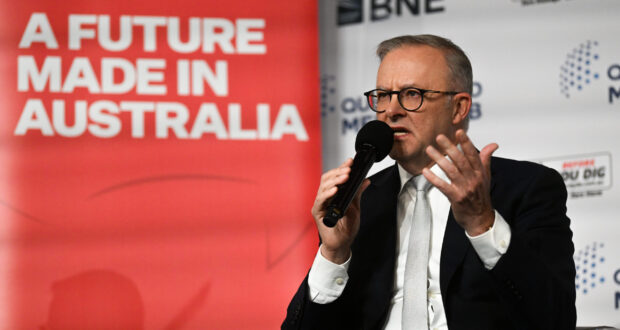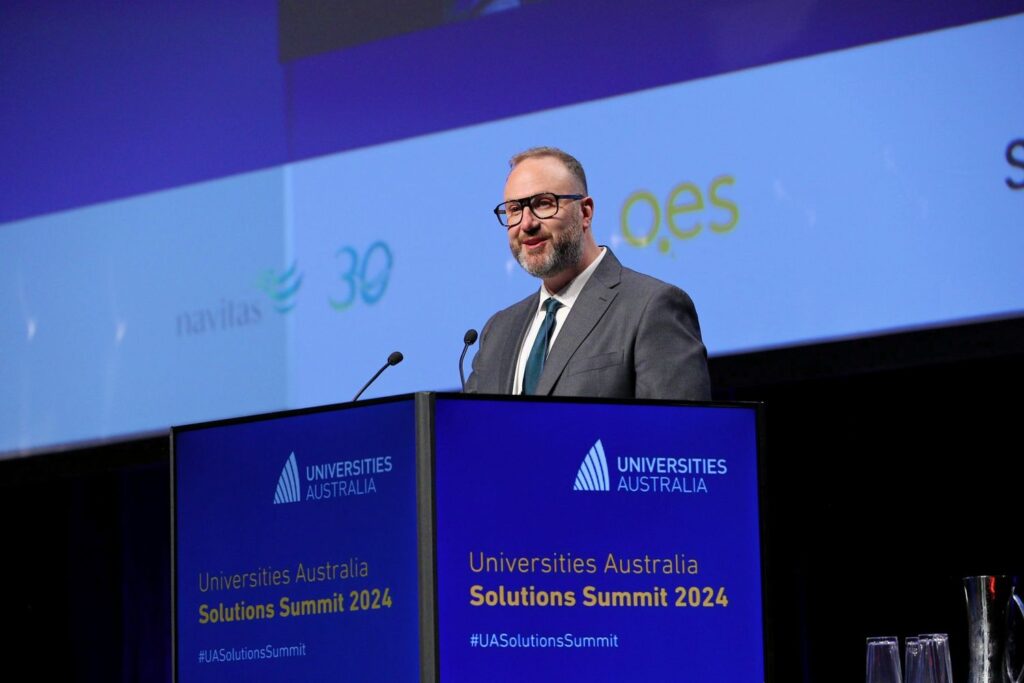Skills, training and educator bodies have backed the Prime Minister's Future Made in Australia Act that will grow Australia's in-house manufacturing capabilities.
The Prime Minister last Thursday outlined his plan to boost Australia's economic sovereignty through increased on-shore manufacturing and decreased reliance on exports.
Cutting out middle men that pressure supply chains, interest rates and inflation pressures, will ease the cost-of-living crisis and boost our national security, the PM said, mimicking the US' Inflation Reduction Act.
Prime Minister Albanese wants to see supplies, such as solar power panels and batteries, made in Australia instead of sent overseas for manufacturing,
This would create an "explicit link between economic security and national security," the nation's leader said, comparable to in-house manufacturing efforts made by the US, European Union, Canada, Japan and South Korea.
In 2021, the Harvard Kennedy School of Government ranked Australia the eight richest nation out of 133 countries, but 93rd for economic complexity.
The Australian Academy of Technological Sciences and Engineering (ATSE) said this number is continuing to decline, but investment into the science, research and innovation sector can pull us out.
Groups like ATSE will need to lead the way in this transformation – developing new industries, skills, products and opportunities for the nation – according to its chief executive Kylie Walker.
“The Prime Minister said the world won’t wait for us. He’s right. We need an immediate and sustained increase in research and development funding to make sure Australia doesn’t get left behind," she said.
ATSE called on Mr Albanese to increase the nation's investment into research and development to three per cent of the GDP, from the current 1.68 per cent.
The body representing scientists, technologists and engineers noted that among others, the US, Germany and Japan all spend more than three per cent GDP on research and development.
Universities Australia chief executive Luke Sheehy said universities will also play a major role in bringing the Act to life.
“Building a stronger economy to deliver a stronger future for all Australians requires the creation of new knowledge and skills,” he said.
“From breaking ground on infrastructure and building energy projects to mastering new technologies and adding new industries to our economic mix, universities have a key role to play.
“Our graduates and our researchers hold the skills, knowledge and ideas that will continue to power the economy, spur Australia’s productivity and define Australia’s success in the coming decades."
Do you have an idea for a story?Email [email protected]
 Campus Review The latest in higher education news
Campus Review The latest in higher education news


